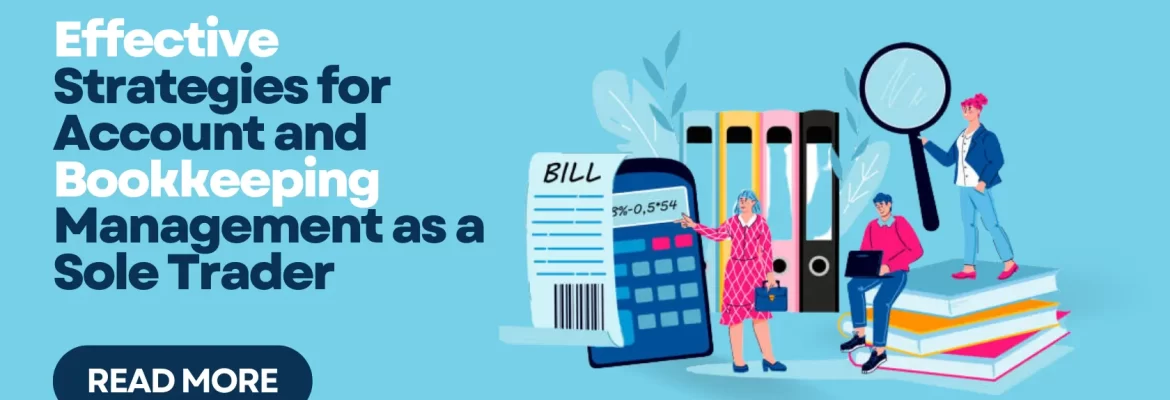As a sole trader, efficient bookkeeping is crucial for the smooth operation and financial success of your business. One of the key aspects of running your business effectively is managing your accounts and bookkeeping in compliance with UK tax laws. In this blog post, we will explore effective strategies for sole trader bookkeeping, covering everything […]










